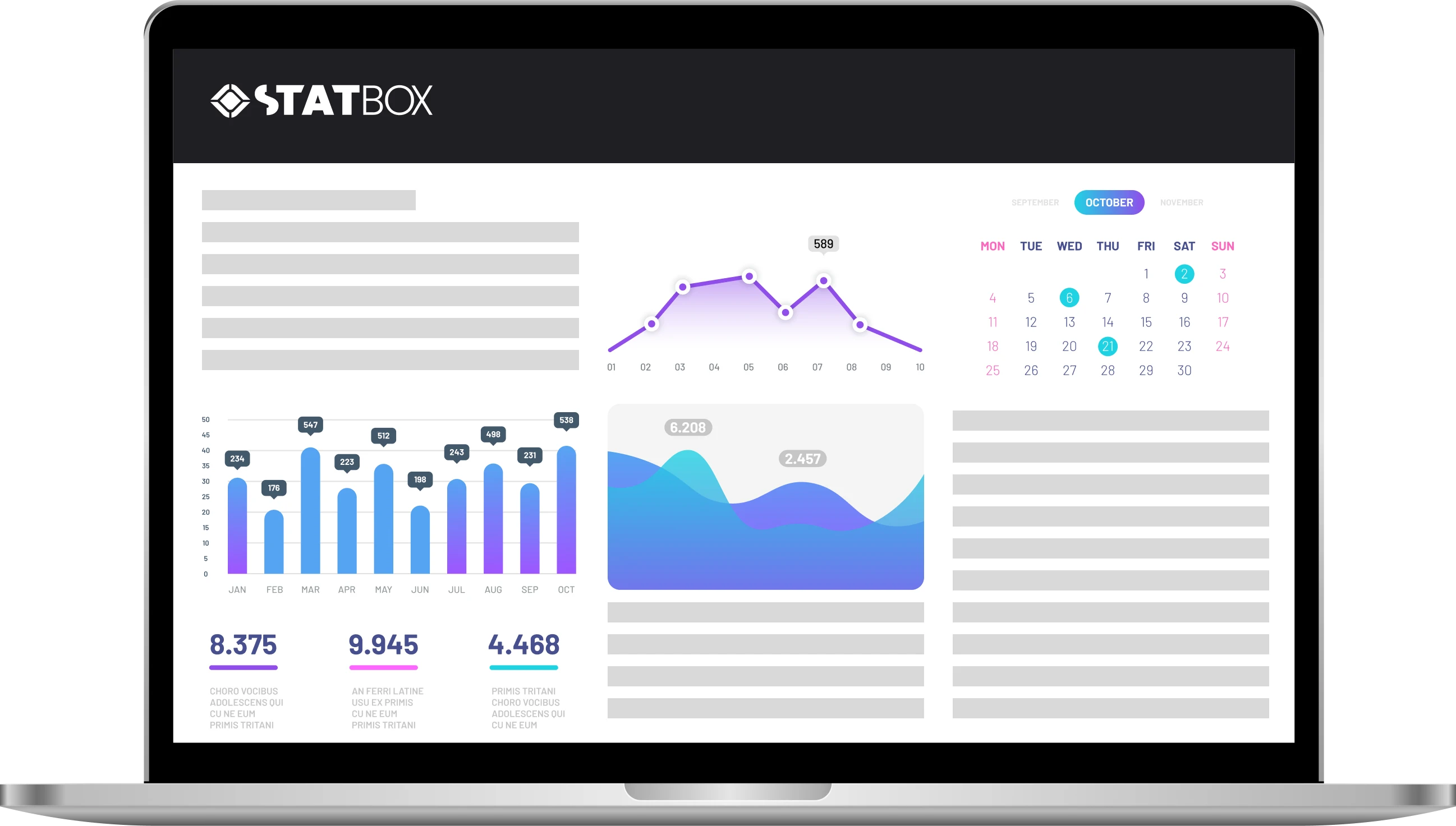46% of Danes have at least one pet.
Cats are the most popular pets.
72% of Danish pet owners choose generic or unspecified pet food brands.
45% of pet owners in Denmark rely on veterinarians for pet care information.
Quality and specific health needs are key factors in pet food selection.
46% of Danish respondents have at least one pet, indicating a significant portion of the population being pet owners. This finding highlights the cultural importance and prevalence of pets in Danish households, showing that pets are integral parts of many families.
In Denmark, cats are the most popular pets, with 56% of survey respondents indicating they have a feline companion. Dogs follow closely behind, showing a strong preference for traditional pet choices. Other pets such as fish, parrots, and hamsters also have a notable presence. This data highlights a cultural inclination towards cats and dogs as preferred pets, possibly due to their companionship and widespread acceptance in Danish households.
The majority of Danish pet owners (72.2%) opt for generic or unspecified brands. Among the named brands, Royal Canin leads with 18% of the market, followed by Whiskas and Pedigree. This preference for generic or other brands suggests that price and accessibility may play a significant role in Danish consumers' pet food choices. Businesses in the pet food industry can leverage this insight to develop marketing strategies that emphasize affordability and wide availability, potentially capturing a larger share of the market.
In Denmark, 45.1% of pet owners primarily seek information on pet care from veterinarians. Internet searches are also a popular choice, with 38.5% of respondents using online sources. Other significant sources include other pet owners and social media. This data highlights the trust that Danish pet owners place in professional advice, particularly from veterinarians, and the increasing role of online resources in pet care.
Among the listed services, veterinarians are the most commonly used, with 74% of pet owners in Denmark relying on them. Pet training/behaviorists and groomers follow at 12% each, indicating a lower but still significant demand for these services. Pet sitters/walkers (10%), pet dietitians, and pet massage/spa services are less commonly used. This data underscores the essential role of veterinarians in pet care, likely due to their expertise in medical and preventive care for animals.
Quality (56.9%), addressing specific health concerns of pets, and price emerge as the top priorities for Danish pet owners when buying pet food. These findings highlight a strong emphasis on ensuring the well-being and health of pets, even if it comes at a higher cost. Additionally, commitment to sustainability (16.3%) and the country of production play a smaller but still significant role in purchasing decisions, reflecting a growing awareness of environmental and ethical considerations among pet owners in Denmark.
*Disclaimer: The information provided by TGM StatBox is intended for general informational purposes only. TGM StatBox does not assume liability for the completeness or accuracy of the information provided. Due to frequent updates, statistics may be more current than mentioned in the text. Please independently verify the information and consult experts as needed.

Connect with our expert team for immediate assistance or comprehensive market analysis. We are always ready to support your business needs.